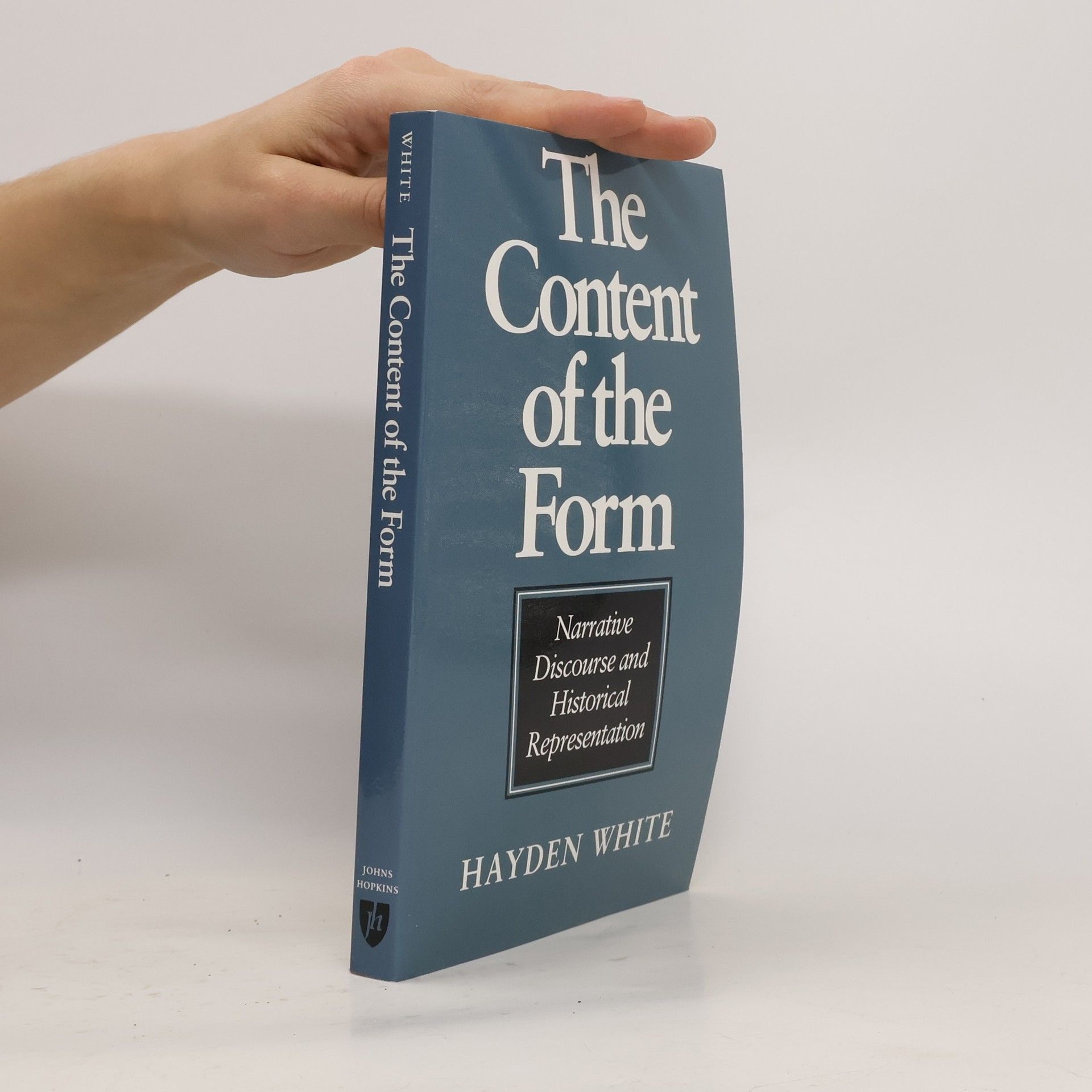Kniha Tropika diskursu Haydena Whitea, který je znám svým pojetím "metahistorie", jež klade důraz na narativní povahu historického diskursu, patří v humanitních vědách již ke klasickým dílům. Jde svým způsobem o autorovu originální "rozpravu o metodě", teorii toho, co by bylo možné nazvat tropologickým rozuměním. Její význam se ani zdaleka neomezuje na techniku literárního rozboru či interpretaci historie, jejím základem je filosoficky fundované, syntetické pojetí kognitivního vztahu k realitě, prostředkované právě "diskursem". V tomto smyslu je Whiteova kniha svébytnou a důležitou alternativou jak k tradiční i moderní hermeneutice (H. G. Gadamer), tak například k Ricoeurově narativnímu porozumění. Tropus podle Whitea není ani ozdoba řeči, ani technika omezující se na umělecký jazyk, nýbrž nástroj, jehož funkcí je snaha o adekvátnější uchopení popisované skutečnosti. Interpretace historických, literárních či teoretických textů se pak neukazuje jako (subjektivní) omezení, nýbrž jako obecná podmínka kulturní racionality.
Hayden White Knihy
Hayden White byl historikem v tradici literární kritiky, známý především svou prací Metahistory. Analyzoval narativy historiků a filozofů, zejména z devatenáctého a dvacátého století, a navrhoval, že historický diskurz je forma fikce, kterou lze klasifikovat a studovat na základě její struktury a použití jazyka. White zpochybňoval představu, že moderní historické texty podávají objektivní, přesné výklady minulosti, a argumentoval, že historikové a filozofové pracují s neartikulovanými předpoklady při uspořádávání, výběru a interpretaci událostí. Tato klíčová práce ho proslavila a jeho vliv na teorii historie je nezpochybnitelný.






Metahistorie
- 608 stránek
- 22 hodin čtení
Kniha Metahistorie vyšla poprvé roku 1973. Hlavní myšlenka Whiteovy analýzy historiků a filozofů dějin spočívá v tom, že historické dílo nikdy není objektivním zachycením toho, „co se skutečně stalo“. Historická fakta totiž historik uchopuje pomocí básnických, rétorických a narativních postupů, které v sobě implicitně nesou jistou obecnou představu o zákonitostech historie, o možnostech vysvětlení historických fakt, stejně jako o možnostech proměny společnosti (tedy ideologii). Právě za to, že analyzuje historická díla prostředky vyhrazenými doposud převážně dílům fikčním (v tom se nechává inspirovat třeba Giambattistou Vicem), sklízel White vždy ostrou kritiku. Podle kritiků totiž ignoruje rozdílný ontologický status fikčního a historiografického diskursu. Navzdory této kritice zůstává Metahistorie zřejmě nejvlivnějším dílem v oblasti metodologie historiografie, přinejmenším v druhé polovině dvacátého století.
"[White] has clearly made significant advances in laying a foundation for a better understanding of the intricate interaction between narrative representation and what it purports to represent in both history and literature."--American Historical Review.
Figural Realism
- 222 stránek
- 8 hodin čtení
It is because historical discourse is actualized in its culturally significant form as a specific kind of writing that we may consider the relevance of literary theory to both the theory and the practice of historiography.
The Ethics of Narrative
- 306 stránek
- 11 hodin čtení
The second volume of The Ethics of Narrative completes the project of bringing together nearly all of Hayden White's uncollected essays from the last two decades of his life, including articles, essays, and previously unpublished lectures. As in the first volume, volume two features White's trenchant articulations of his influential theories, as well as his explorations of a wide range of ideas and authors at the frontiers of critical theory, literature, and historical studies. These include the concept of utopia in history, modernism and postmodernism, constructivism, the conceptualization of historical periods such as "the Sixties" and "the Enlightenment," the representation of the Holocaust in scholarly and literary writing, as well as essays on Frank Kermode, Saul Friedländer, and Krzysztof Pomian.